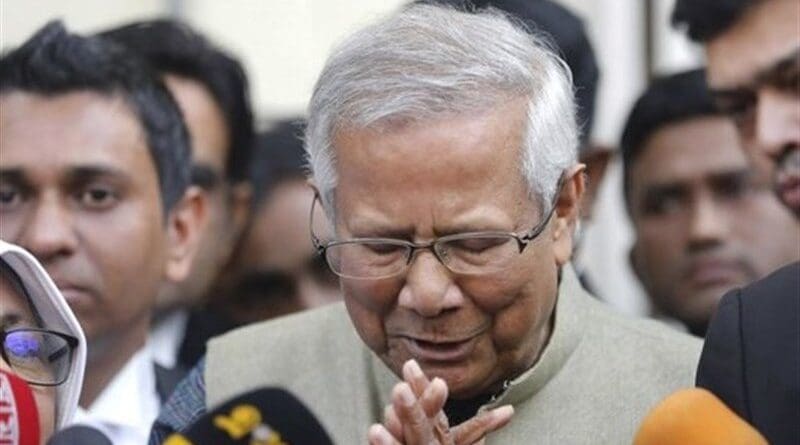In the aftermath of Bangladesh’s political upheaval, a cloud of uncertainty gathers, casting an ominous shadow over the interim government. The transient regime, born out of chaos, now finds itself caught in a labyrinth of crises—political, administrative, and economic—that threaten the very structure of the state and society. The once-steady bureaucracy appears to be failing, the civil administration teeters on the brink, and across the nation, a wave of anxiety swells, threatening to drown any semblance of control. Reports say that the interim government reels under the mounting pressure, making the restoration of order a daunting task in a nation desperately struggling to regain stability.
Questions are emerging if the upheaval and its aftermath are steering Bangladesh in a precarious direction. For instance, The Daily Star editorial on August 20 expressed concern about the turmoil affecting the civil administration after the fall of the Awami League government, which caused significant disruptions in regular activities and services. A report by the newspaper highlighted that the disorder, largely due to a lack of competent leadership, has taken hold in the ministries located at the Secretariat Building, with frequent processions observed throughout the past week. The editorial stressed the need for careful management of this situation to prevent the chaos from escalating into a complete breakdown of public services. It concluded: “This state of affairs cannot continue. A civil administration cannot continue to be dysfunctional, just as the police force cannot wallow in uncertainty.” Thus, the nation appears to be grappling with an unprecedented bustle of uncertainty, leaving many to wonder if this sitation will further deepen the crisis. For the full text Read




